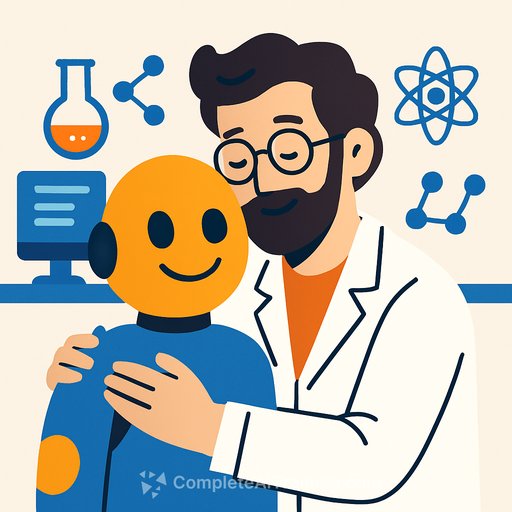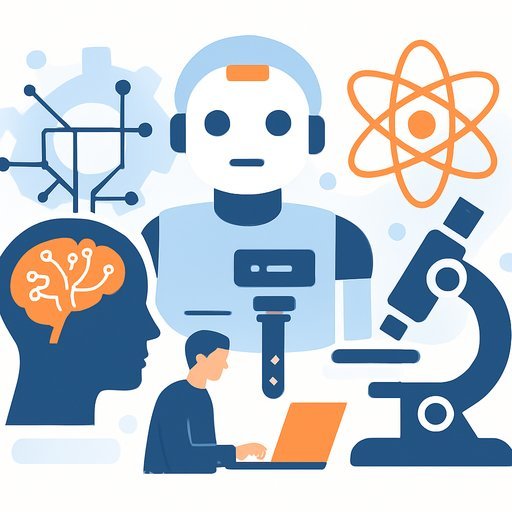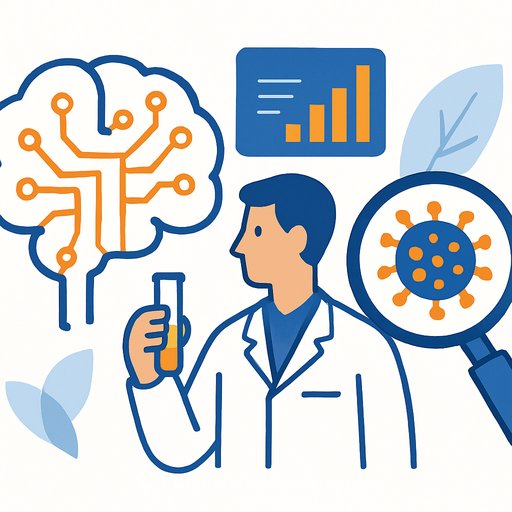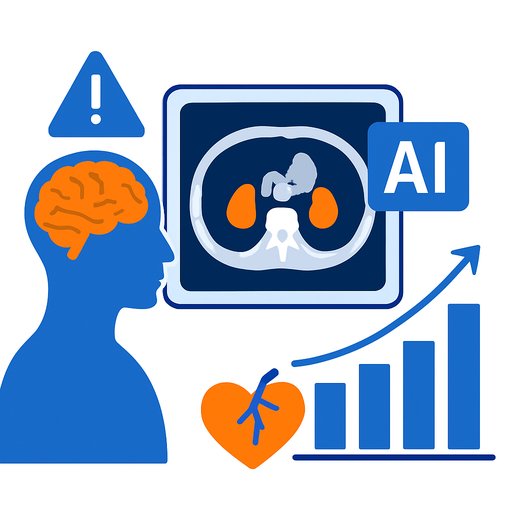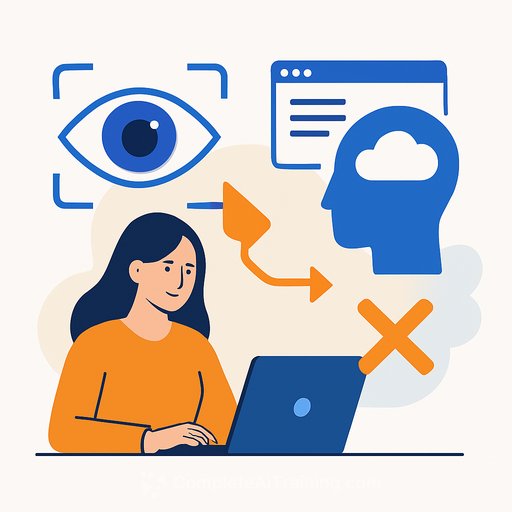Thomas Wolf Questions AI's Role in Scientific Discovery
When a co-founder of Hugging Face pushes back on glossy AI promises, researchers should pay attention. Thomas Wolf isn't buying the claim that today's systems will trigger the next wave of landmark science. He sees useful tools, yes-just not engines of theory-building that reset how we see nature.
That position contrasts with bets from leaders like Dario Amodei and Sam Altman. Amodei has argued that progress in biology and medicine could be compressed from decades into a single one. Wolf's view: big claims need big evidence-and current models are built to predict the likely, not propose the unlikely-yet-true.
Where Chatbots Fall Short for Breakthroughs
Wolf points to two issues. First, systems like ChatGPT tend to mirror the user's stance and often hype the question back to you. That's pleasant feedback, but it doesn't push against your assumptions.
Second, large language models are trained to guess the next token. They optimize for plausibility. Paradigm shifts come from hypotheses that look wrong at first glance and prove right under pressure. In Wolf's terms: these models aren't Copernicus-they're autocomplete.
A Useful Tool, Not a Theory Engine
AlphaFold is a strong example of AI's value: it delivered structure predictions at scale and opened fresh routes for drug research. Wolf's take is that such systems speed the work, surface candidates, and reduce grunt effort-but they don't replace the strange leaps that mark Nobel-level ideas.
Startups like FutureHouse and Lila Sciences are pushing ahead anyway. The next phase is simple: observe what ships, what reproduces, and what actually moves a field. Hype is cheap; results aren't.
Practical Playbook for Scientists
- Use LLMs for literature triage: summarization, paper clustering, extraction of methods and datasets. Keep a human pass for anything that informs a claim.
- Push beyond the "most likely" answer: prompt for contrarian hypotheses, counterfactual mechanisms, and disconfirming evidence. Reward novelty that is testable, not novelty for its own sake.
- Quantify surprise: prioritize results with high information gain (e.g., high perplexity regions or outliers) and pre-register how you'll test them.
- Automate the boring parts: data cleaning, code scaffolding, unit tests, protocol checklists, reagent tracking, and experiment scheduling.
- Blend models: pair LLMs with symbolic tools, causal discovery, or active learning to hunt edge cases your dataset under-represents.
- Improve evaluation: measure discovery yield per experiment, replication rates, time from hypothesis to result, and downstream citations-beyond simple accuracy.
- Guardrails: run blinded comparisons of human- vs. LLM-generated hypotheses, enforce negative controls, and keep audit trails of all prompts and data revisions.
Balanced Outlook
Wolf's critique is a useful counterweight to grand narratives. AI can streamline lab work and speed incremental steps. But proposing the unlikely ideas that later look obvious-that still sits with people willing to bet against consensus and test it hard.
If you want to read the strongest case for acceleration, see Anthropic's essay on AI-enabled biology and medicine. For a concrete systems win, review DeepMind's AlphaFold and its impact on protein research.
Upskilling your team to use these tools well matters more than slogans. For structured training built for working scientists, explore Complete AI Training: Courses by Job.
Your membership also unlocks:

